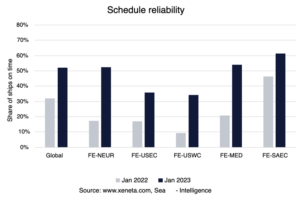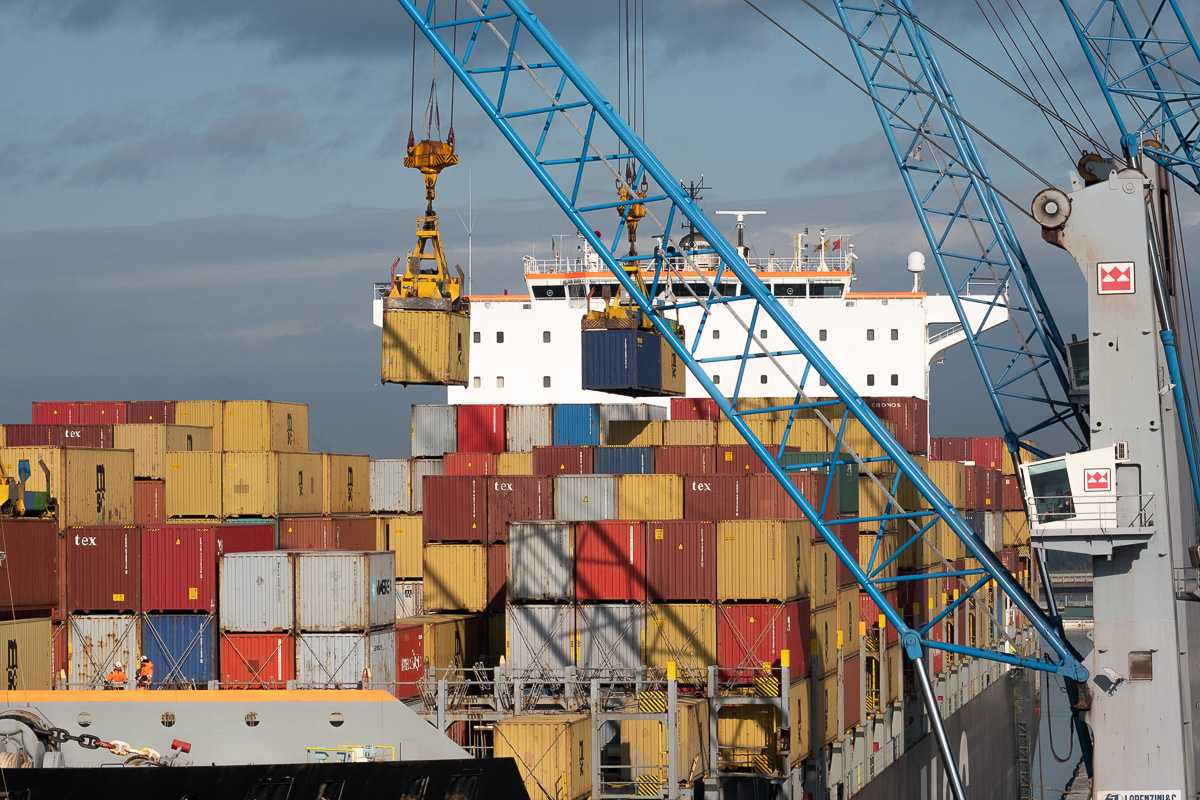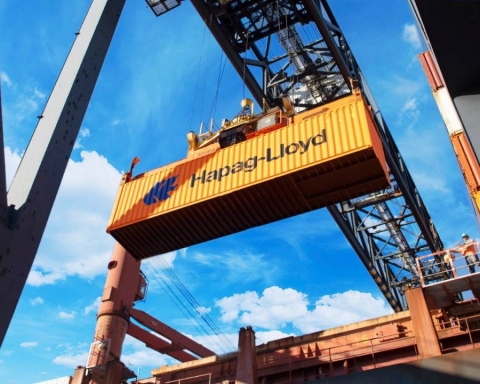In January, one in two container ships arrived late according to analysis company Xeneta, In a recent report it points out that at the beginning of the year only 52% of global container lines were on schedule. The average vessel delay time is still over 5 days.
However, the situation appears to have improved significantly compared to a year ago, when 79% of ships had accumulated an average delay of 7.9 days. There is, however, enormous room for improvement, especially in relation to pre-pandemic levels: in 2019, 78% of ships arrived on time, the remaining 22% accumulated an average delay of 4.1 days.
Some trades have improved more notably than others. On the route between the Far East and Northern Europe, for example, 52.1% of ships arrived at their destination on time. Compared to the same month a year ago, schedule reliability was 17.1%. In this trade, the most reliable carrier was MSC, with a schedule reliability approaching 70%. Yang Ming and One performed the worst: only 29% of their ships arrived on time in January.
Despite the sharp drop in volumes and the easing of congestion problems, schedule reliability along the routes between the Far East and both sides of the US is still low.
As far as shipments to the US west coast are concerned, only one out of three vessels arrived at their destination on time in January. Schedule reliability is, however, 25 percentage points higher than a year ago.
In the east coast US trade, reliability was 19.7% higher than in the same month last year, at 35.7%. Among the big carriers, Wan Hai was the worst performer, with a schedule reliability of 19%.

According to Xeneta the poor reliability of global container lines is certainly a problem for shippers and forwarders. Moreover, it is now increasingly difficult to plan a shipment due to the high number of blank sailings decided by carriers to reduce capacity supply and counter falling freight rates, their analysts say.
The vice president of the Freight Forwarders Associations (Fiata), Jens Roemer, at a press conference of the association in Geneva a few days ago, stated that the situation had changed considerably compared to six months ago.
He points out that congestion problems that reduced the operational efficiency of ports for months are now a distant recurrence of the past. Goods have returned to travelling smoothly and freight rates have fallen. Nevertheless, shipping companies are still unreliable today. A recent article in Lloyds List refers to Mr. Roemer saying that sailings and link services were being cancelled all the time and for different reasons,
Another problem, for freight forwarders, is the progressive and, in their view, unjustified reduction of freetime, i.e. the period in which carriers do not charge their clients for the cost of redelivering containers.
According to Mr. Roemer, this is a strategy adopted by carriers and terminal operators to make handling in ports smoother, with the explicit aim of decongesting port yards and quays, adding that while, during the pandemic period, such a measure might have been justified, due to the congestion problems that the main port ports had been suffering for a long time, there is no longer a need for it today.
Statistics show that most ports are now working smoothly again. Retro-port warehouses are overflowing with empty containers. The amount of free-time should be increased again or at least brought back to pre-pandemic levels.
Translation by Giles Foster




